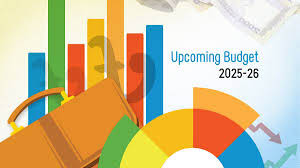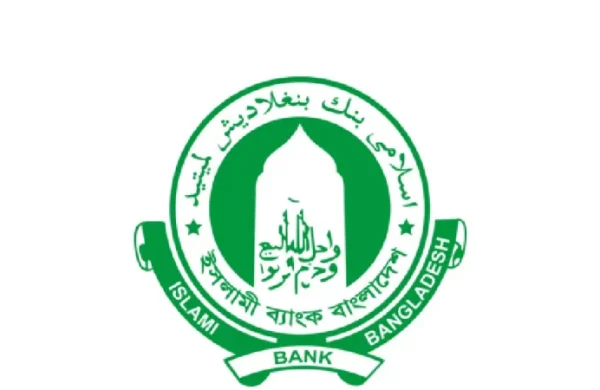Budget 2025-26: Deficit down, discipline up
- Update Time : Thursday, May 29, 2025

Staff Correspondent:
For the 2025–26 fiscal year, the interim government of Bangladesh plans to reduce the national budget deficit to 3.6% of GDP—the lowest in 14 years.
This move aims to restore fiscal discipline, reduce reliance on bank borrowing, and ease the pressure of rising debt servicing costs. In the 2010–11 fiscal year, the budget deficit was 3.8%.
Since then, the deficit has generally exceeded 5%, crossing 6% during the COVID-19 pandemic.
According to sources at the National Board of Revenue (NBR), the upcoming budget will focus on restoring macroeconomic discipline. The government’s goal is to escape the debt trap, as a significant portion of the budget is currently spent on repaying loans and interest.
The government intends to limit total expenditure to 12.7% of GDP in the next fiscal year, down from 14.2% in the current year’s original budget. While the budget size is relatively smaller, it is being crafted with an eye on long-term economic stability and sustainable growth.
BUDGET SIZE:
The government is set to unveil a Tk 7.9 trillion (Tk 790,000 crore) budget for FY2025–26. The budget will be presented on June 2 by Financial Adviser Dr. Salehuddin Ahmed in a televised address.
This is around 1% smaller than the original Tk 7.97 trillion budget for the ongoing 2024–25 fiscal year presented by the previous Awami League government.
Financial Adviser Dr. Salehuddin has also emphasized fiscal discipline in the budget. Recently, he said, “We will make every effort to significantly reduce the budget deficit”.
While cutting administrative expenses is difficult, the government plans to control costs by dropping large, expensive infrastructure projects. The revised deficit for the current fiscal year has already been brought down from 4.6% to 4%.
The projected budget deficit for FY2025–26 is Tk 2.26 trillion. Of this, Tk 1.25 trillion will be sourced domestically, with the remainder expected from external sources.
In recent years, the government has relied heavily on borrowing from the central bank to finance budget deficits, which has contributed to inflationary pressures. Despite global inflation easing since March 2023, Bangladesh’s inflation has remained above 9%.
Sources indicate that the government aims to narrow the revenue-expenditure gap to reduce dependence on central bank borrowing. Economists argue that this move to restore economic discipline was overdue.
To break out of this cycle, revenue must be increased while maintaining tight control over expenditures. While the initiative to reduce the budget deficit is a positive one, it must be supported by realistic strategies for increasing income.
Merely cutting expenses without expanding the tax base won’t bring lasting financial balance. Substantial reform in revenue collection is essential to reduce reliance on the central bank. Without increasing income, expense cuts alone won’t be effective in the long run.
BANK BORROWING TO BE CURTAILED
In the upcoming fiscal year, the government plans to significantly reduce its borrowing from the banking sector. For FY2025–26, the bank borrowing target is expected to be reduced by around 25% to Tk 1.04 trillion.
According to the Ministry of Finance, the government intends to rely more on foreign loans rather than domestic sources to meet the budget deficit, given the relatively lower interest rates on external borrowing.
Economists agree that reducing both the deficit and bank borrowing is a logical strategy. Heavy government borrowing from banks crowds out the private sector, making it harder for businesses to access credit.
In recent years, budget expansion has been fueled by bank borrowing, even though revenue growth has remained modest. By January 2025, the government’s total domestic debt had reached Tk 9.42 trillion, up from Tk 7.22 trillion in June 2021.
In FY2025–26, the government plans to borrow Tk 1.25 trillion from domestic sources, of which Tk 210 billion will come from non-bank sources such as savings certificates and treasury bond sales to individuals and corporations.
In the current fiscal year’s original budget, the domestic borrowing target was Tk 1.609 trillion, which has since been revised down to Tk 1.17 trillion. Of this, bank borrowing was originally set at Tk 1.375 trillion but was cut to Tk 990 billion in the revised budget.
However, in the first seven months of the current fiscal year, the government borrowed only Tk 155.31 billion from banks—far below the revised target. The main reason is the slow implementation of the Annual Development Programme (ADP). During this period, the government did not borrow from the Bangladesh Bank; instead, it repaid Tk 594.86 billion.


















